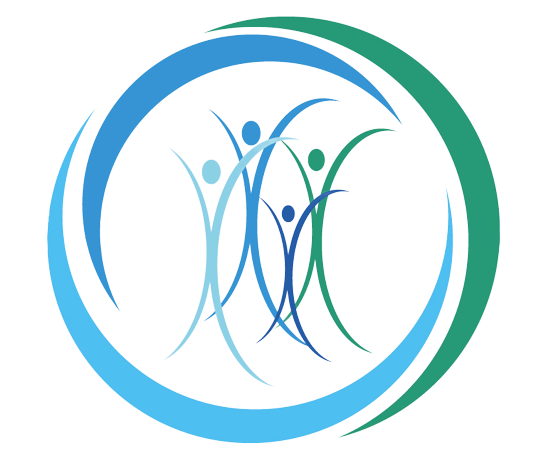Year in Review: The Power of Self-Reflection
Photo Credit: Hugo Brizard/Smithsonian Magazine
As the final month of the year approaches, many festivities and celebrations are taking place, and time may appear to go by even faster with busy schedules and increased traveling. The start of a new year right around the corner can feel exciting, refreshing, possibly even overwhelming. Though it is natural to look towards the future, December can be a valuable time to reflect on the past twelve months, and all of the events, relationships, and progress that the year entails. It can also be a good time for personal introspection as well.
Self-reflection is the ability to turn our attention inward to consider our own thoughts, memories, feelings, and actions, and is considered to be a fundamental aspect of human cognition (Philippi & Koenigs, 2014). Practicing self-reflection can increase one’s self-awareness, contribute to emotional regulation, as well as heighten insight, all important factors that occur in the psychotherapy process. It can also promote social behaviors, as well as enhance relationships.
Research suggests that a moderate amount of self-reflection contributes to one’s overall well-being, Excessive or diminished maladaptive levels of self-reflection may include negative self-appraisals, self-blame and feelings of guilt and worry, which are associated with anxiety and depression disorders (Philippi & Koenigs, 2014). Thus, it is important to be intentional in using reflection as a healthy mental tool. Tchiki Davis, Ph.D. (2019) offers helpful tips and cues in practicing a more mindful reflection:
Set the Stage: create a calm environment through breathing techniques, creative imagination, or a brief meditation. Self-reflection may feel more challenging in a busy, distracting space.
Identify the “What”: direct your focus inward. What memory is coming up? What does it make you think, and how does it make you feel?
Identify the “Why”: try to look deeper, what was the most important part of this memory? Take your time in exploration.
Use Self-Compassion: be kind to yourself as you self-reflect. The goal is not to judge your past choices, but to increase self-awareness and learn from them.
As the year winds down, consider using self-reflection to create more awareness and insight of the past, including your personal successes and growth, and how they can be a resource in navigating the present and future.
Davis, T. What is self-reflection and why it matters for Wellness. (2019). Psychology Today. https://www.psychologytoday.com/us/blog/click-here-happiness/201910/what-is-self-reflection-and-why-it-matters-wellness
Philippi, C. L., & Koenigs, M. (2014). The neuropsychology of self-reflection in psychiatric illness. Journal of psychiatric research, 54, 55–63. https://doi.org/10.1016/j.jpsychires.2014.03.004

